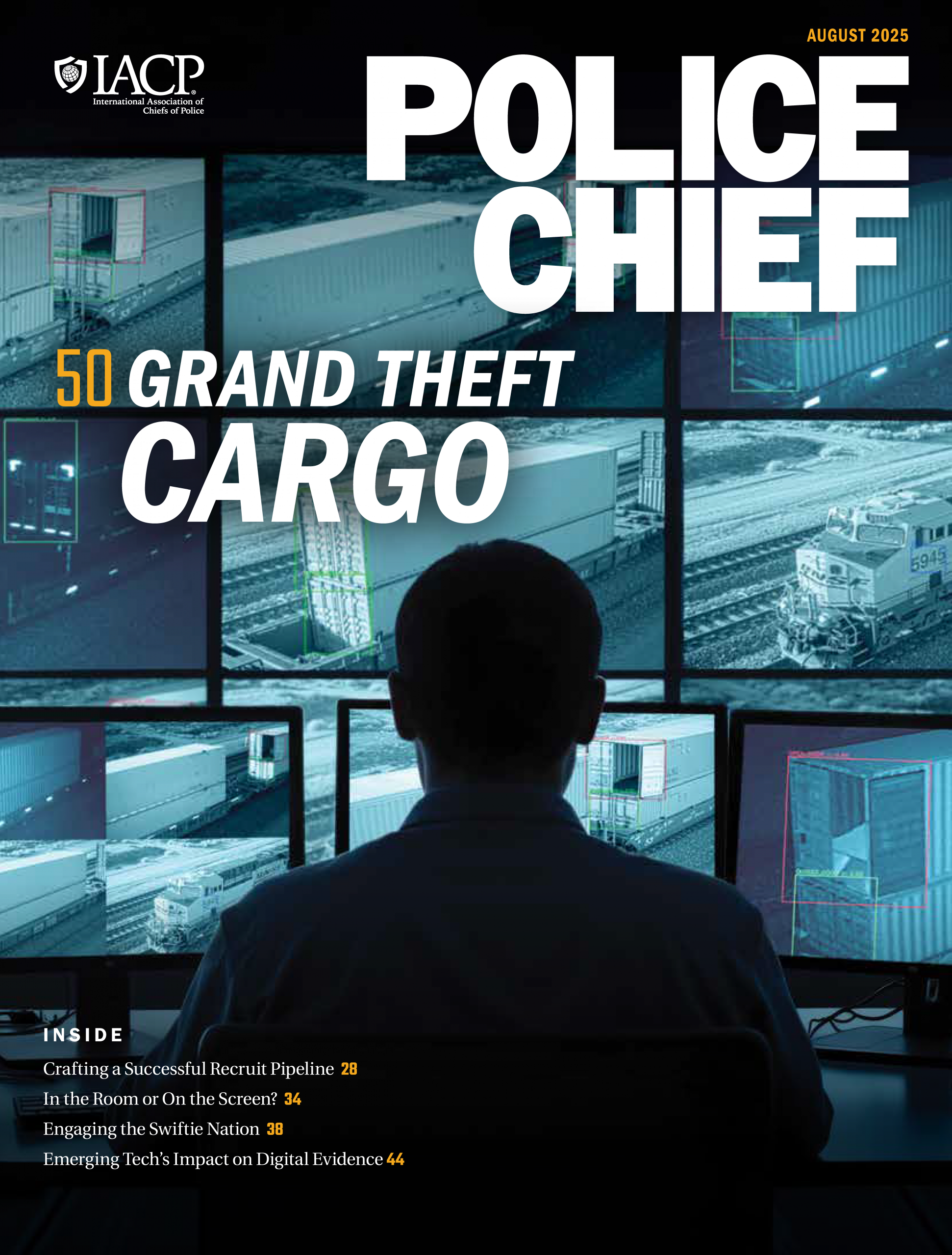Introducing Problem-Based Learning
Lessons Learned from Training Police Officers in Ukraine

In the course of their work, police officers often encounter problems. Some may be standard for the conditions of service, while others need a concentration of efforts to solve them, carry more uncertain components, and require the activation of the entire range of professional competencies to resolve the situation and resume the performance of police functions. Can every police officer who just started their service effectively solve complex problems professionally? Can problem-solving be learned through prescribed standard rules and procedures? Does the profession need more innovative, nonstandard approaches and technologies for these situations?
The answer to these questions lies in the plane of modern trends in the professional training of police officers, in which there is a need to change the traditional systems and technologies of training and the forms of knowledge transfer. Technological changes in the traditional system of police education make it possible for officers to not only acquire certain knowledge and skills during training but also realize a wider range of competencies in real working conditions, especially when it comes to solving complex tasks and problems of performance.
Does traditional education provide sufficient opportunities to train police officers for today’s challenges? Can the traditional system of education and conservative technologies give students a set of modern integrated skills and decision-making capabilities? Is it possible to create a unique educational environment for the intensive, high-quality development of practical skills and competencies police officers need in order to solve problems of professional activity—and do so in conditions as close as possible to the real police service?
The experience of introducing innovative educational technologies into the process of training Ukrainian police officers is demonstrating that there is an alternative to traditional forms of education.


